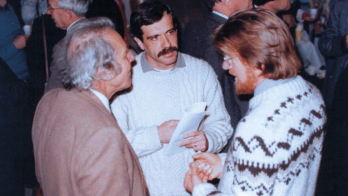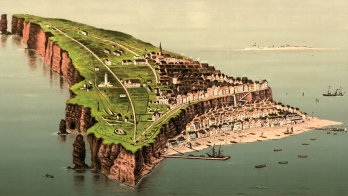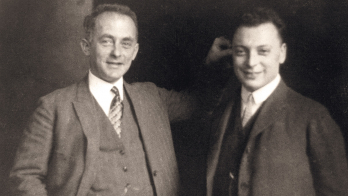eds Monique Bordry and Pierre Radvanyi, EDP Science, ISBN 2868835252.
Frédéric Joliot-Curie, a major French scientific figure, was born in 1900 and the 100th anniversary of his birth called for a special celebration. This took place on 9-10 October 2000 at the Collège de France, where he was a professor until his death in 1958 and where he long communicated his insight and enthusiasm to the many members of his laboratory.
The symposium consisted of three series of formal talks, each followed either by numerous testimonies from many of those who had the privilege to work with Joliot Curie, or know him well, or by round-table discussions with invited participants. These three main themes covered artificial radioactivity (the discovery for which he, together with his wife Irène, received the 1935 Nobel Prize for Chemistry), nuclear energy, and social and political commitments.
Joliot-Curie was not only a great scientist but he also played a key role in the early development of nuclear energy in France, and was for more than two decades a very important figure in French political and social circles.
The symposium was opened by Hubert Curien, former president of the CERN council, and closed by an address from Minister of Research Roger-Gérard Schwartzenberg. A plaque commemorating the discovery of artificial radioactivity was unveiled at the Institut du Radium.
This beautifully edited book brings together the texts of all of the invited talks, testimonies and round-table presentations during the symposium. It is in French except for two historical texts in English. The book pays ample tribute to Joliot-Curie but also provides much topical matter. It not only brings the past alive, but also shows in a brilliant and well documented way how many questions on which Joliot-Curie strongly made his mark are still very important today. There are many historical photographs and a good biographical summary. The cover is graced by a Picasso portrait.








